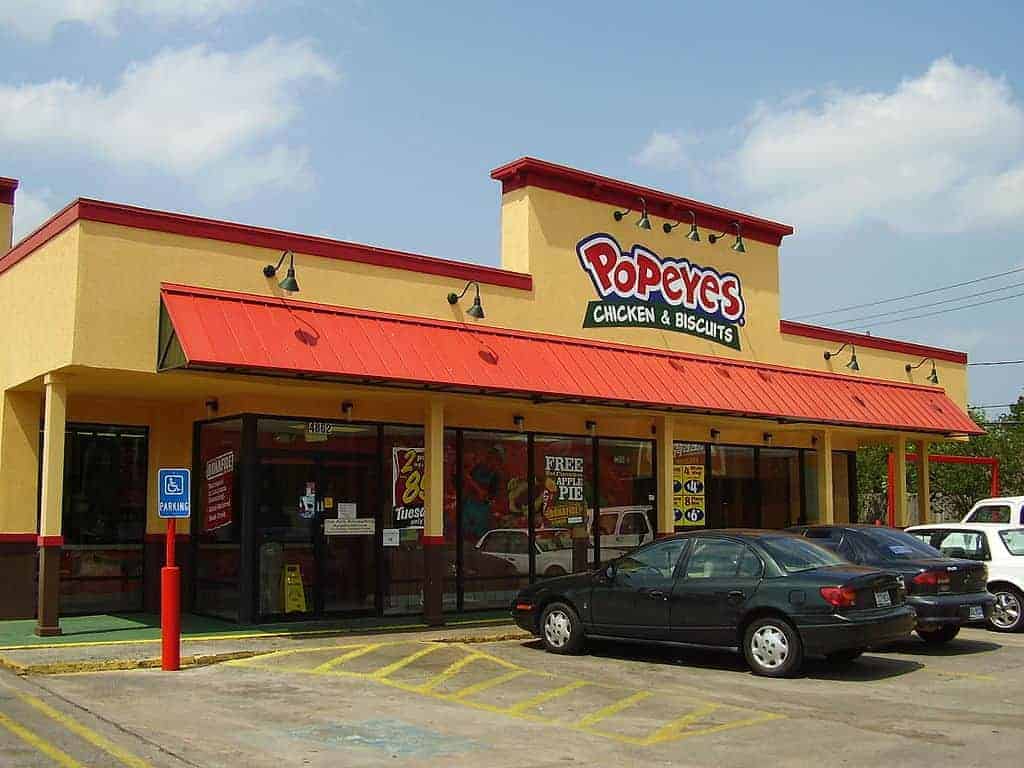The fast-food service market in North America is a lucrative multi-billion-dollar business that critics often note is nowhere near saturation, despite a fast-food outlet appearing on nearly every corner in cities across Canada and the U.S.
Restaurant Brands International Inc. (TSX:QSR)(NYSE:QSR) is the name behind three of the largest quick-service brands: Tim Hortons, Popeye’s, and Burger King. Since their merger and formation of Restaurant Brands International, the combined company has impressively become a major player in the quick-service market and has released a steady stream of improving results with each passing quarter.
There’s more to love about Restaurant Brands International, and if you haven’t added this gem to your portfolio yet, then here are a few reasons for you to consider it.
Aggressive expansion is just the beginning
Restaurant Brands International is well known for its sprawling network of 23,000 restaurants in over 100 countries. Most of the international locations are Burger Kings, which is a testament to the franchise model the brand has used to expand rapidly into new markets. By comparison, Tim Hortons has a strong domestic model with a scattered and inconsistent expansion, limited to some parts of the U.S. market and the occasional international store, such as in Dubai.
That all seems to be changing as the company has taken the master franchise joint venture model used with Burger King and begun to apply it to Tim Hortons. A series of master franchise agreements have already been set up in several countries over the past few months, and the first such location from this new model is set to open within the next few months in Glasgow.
Another target area is the Philippines. A master franchise agreement was signed some time ago, and experts believe the market there could support upwards of 350 locations within the next few years. A similar franchise agreement was signed earlier this year in Mexico, which will bring Tim Hortons into the Latin American market for the first time.
A replication of the success that Tim Hortons has had in the Canadian market can present a lucrative opportunity if applied to other markets which have a growing desire for a coffee and bake shop.
That’s not to say that Restaurant Brands International’s other restaurants are not looking to grow. Once integrated fully into Restaurant Brands International, recently acquired Popeye’s will likely be subject to the same growth recipe that has so far worked well. Popeye’s currently has a tiny international footprint of just over 600 locations, and it offers a product that, unlike coffee or burgers, has universal appeal in nearly every market.
Popeye’s already adheres to a similar franchise model, which would, in theory, make integration that much easier.
More revenue, less debt, better efficiency
One of the many things I really admire about Restaurant Brands International is how the combined company has realized so many efficiencies in what is a relatively short amount of time. The organization that has taken three brands that serve very different menus with focal points in different geographic regions and turned them into a single well-oiled machine is a testament to the management.
In the most recent quarter, Restaurant Brands International reported total revenue of US$1,111.4 million, bettering the $1,057 million in the same quarter last year. Net income attributable to common shareholders more than doubled over the same quarter last year, rising from US$51.7 million to US$118.4 million. Diluted earnings per share also doubled in the most recent quarter over the same quarter last year, coming in a US$0.50 per share.
Is Restaurant Brands International a good investment?
There are those who think Restaurant Brands International is a tad on the expensive side, particularly after seeing how the stock surged over 10% in the past two months since the Popeye’s announcement.
In reality, the company finances remain sound, the expansion model adopted will allow all brands to rapidly expand across the globe, and with each passing quarter, revenues continue to grow.
There’s even reason enough to believe that further acquisitions may be around the corner, which wouldn’t be a bad move.
In my opinion, Restaurant Brands International remains a great investment option.








